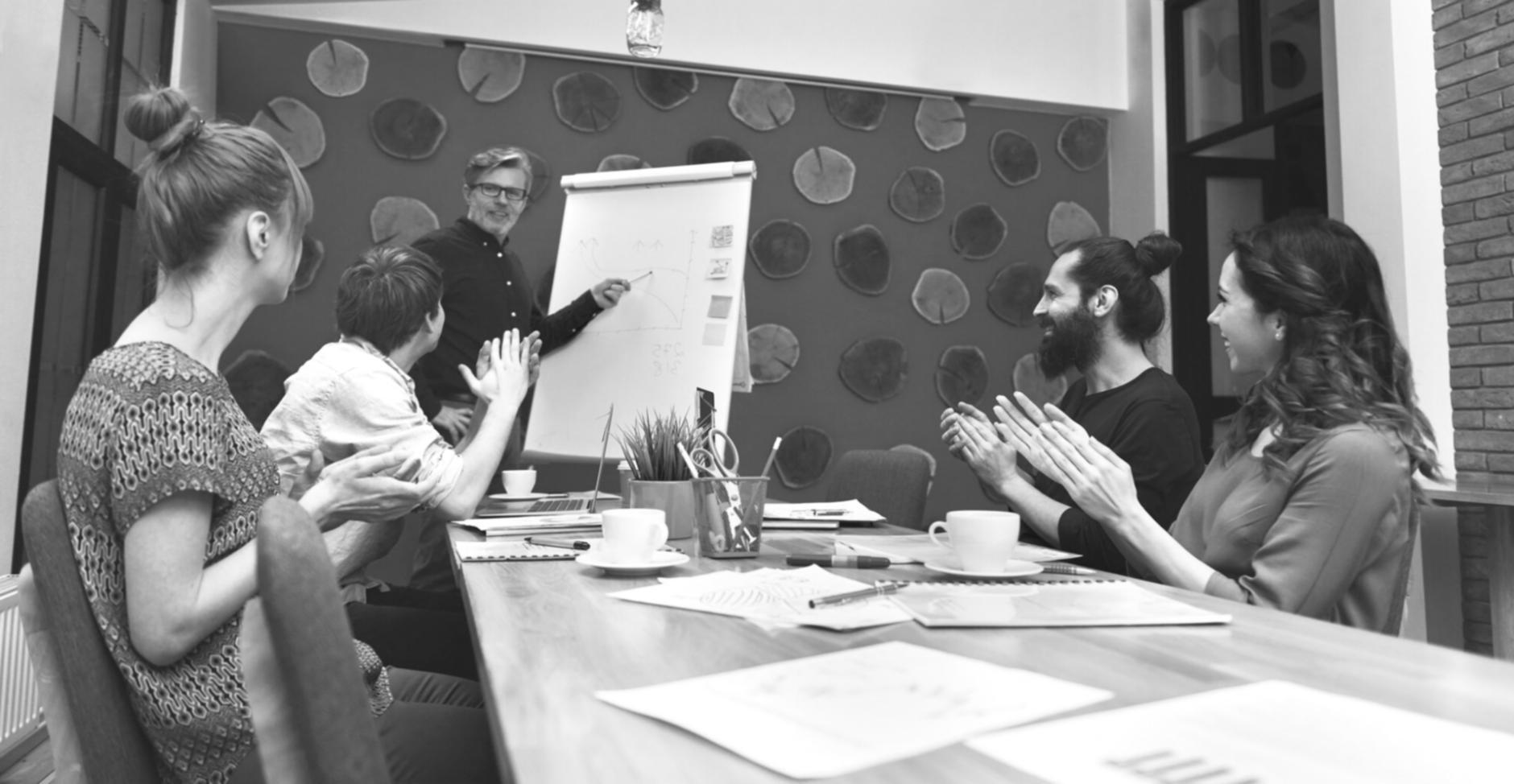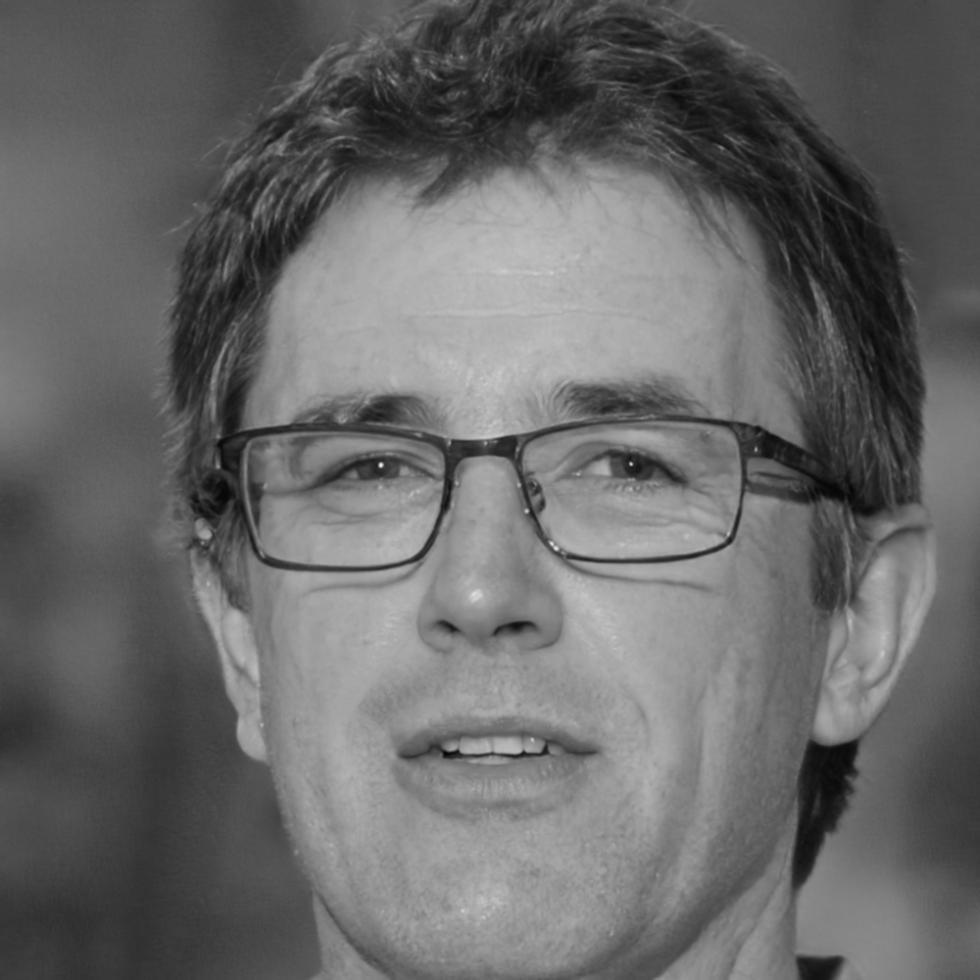Construyendo Confianza Financiera Paso a Paso
Iniciado a principios de 2022 por alguien que pasó años observando a personas luchando con decisiones monetarias básicas. No porque no fueran inteligentes, sino porque nadie les explicó las cosas de una manera que realmente tuviera sentido.
Cómo Llegamos Aquí
En 2021, estaba trabajando como voluntario en un centro comunitario ayudando a personas con sus formularios de impuestos. Fue entonces cuando me di cuenta: la mayoría de las personas no recibían ayuda financiera porque todo lo disponible asumía que ya sabías qué significaba el interés compuesto o por qué importaban los fondos de emergencia.
Así que comenzamos de manera pequeña. Muy pequeña. Solo yo y una pizarra en una sala comunitaria prestada todos los jueves por la noche, hablando de los fundamentos. Presupuestación. Ahorro. Qué hacer cuando las facturas se acumulan más rápido que los cheques.
Lo que comenzó con ocho personas en sillas plegables ha crecido en algo más grande. Pero el enfoque no ha cambiado: seguimos creyendo que la educación financiera funciona mejor cuando es clara, honesta y comienza exactamente donde estás ahora.

Qué Hace Diferente Nuestro Método
Hemos aprendido algunas cosas sobre lo que realmente ayuda a las personas a construir mejores hábitos financieros.
Comienza Donde Estás
Sin requisitos previos. Sin juicios sobre elecciones financieras pasadas. La situación de cada persona es diferente, y ahí es donde comenzamos: con tu vida real, no con un ejemplo de libro de texto.
Solo Escenarios Reales
Utilizamos situaciones que las personas enfrentan realmente. Reparaciones inesperadas del coche. Decidir entre pagar deudas o ahorrar. Planificar para ingresos irregulares.
Herramientas Que Funcionan
Hojas de cálculo simples. Marcos prácticos. Métodos que puedes usar la próxima semana sin necesidad de software especial o aplicaciones costosas.

Cómo Ocurre Realmente el Aprendizaje
Construcción de la Base
Comenzamos con los conceptos básicos sobre los que se construye todo lo demás. Flujo de efectivo. Gastos fijos versus variables. La diferencia entre urgente e importante. Por lo general, lleva de tres a cuatro semanas sentirse cómodo aquí.
Aplicación Personal
Aquí es donde la teoría se encuentra con tu cuenta bancaria real. Crearás un presupuesto que se ajuste a tu vida, no a una versión ideal de la misma. Toma unas seis semanas porque ajustamos sobre la marcha.
Construcción de Resiliencia
Fondos de emergencia. Estrategias de deuda. Planificación para gastos irregulares. Las cosas que evitan que los pequeños problemas se conviertan en grandes. La mayoría de las personas trabajan en esto durante ocho a diez semanas.
Planificación Futura
Una vez que los fundamentos son sólidos, miramos hacia adelante. Metas de ahorro. Fundamentos de inversión. Construir el tipo de vida financiera que se ajuste a lo que realmente quieres. Esta parte nunca termina realmente, solo evoluciona.
Lo Que las Personas Suelen Experimentar
Estos son los tipos de cambios que vemos cuando las personas se mantienen con los fundamentos el tiempo suficiente para que echen raíces.
Cambios en el Primer Mes
La mayoría de las personas encuentran que tienen una imagen más clara de a dónde va realmente su dinero. La ansiedad por revisar los saldos bancarios tiende a disminuir una vez que hay un sistema en marcha.
Patrones a los Tres Meses
En este punto, el presupuesto se convierte más en un hábito que en una tarea. Muchas personas reportan tener su primer fondo de emergencia significativo, aunque sea solo de unos pocos cientos de euros.
Progreso a los Seis Meses
Aquí es cuando las personas comienzan a tomar decisiones financieras más grandes con más confianza. Abordar deudas sistemáticamente. Comenzar a ahorrar para metas específicas. Sentirse menos reactivo respecto al dinero.
Crecimiento Continuo
La estabilidad financiera no es un destino. Pero las personas que han estado trabajando en estos fundamentos durante un año o más tienden a manejar las sorpresas mejor y sienten más control sobre su dirección financiera.

Finnegan Bardwell
Instructor Fundador
Pasé la primera parte de mi carrera en el desarrollo comunitario, lo que significó ver de primera mano cómo el estrés financiero afecta todo lo demás en la vida de las personas. Comencé a enseñar fundamentos de presupuestación en 2021 porque estaba cansado de ver a buenas personas tomar decisiones basadas en información incompleta.
Mi experiencia está en la educación de adultos y la planificación comunitaria, no en finanzas, lo que podría ser la razón por la que abordo esto de manera diferente. Creo que la mejor educación financiera ocurre en la conversación, no en conferencias.
Nuestros Próximos Programas Comienzan en Octubre de 2025
Actualmente estamos planificando sesiones de otoño para fundamentos de presupuestación y planificación financiera básica. Si estás interesado en aprender más sobre lo que ofrecemos y cuándo se abre la inscripción, ponte en contacto.
Aprende Sobre los Próximos Programas